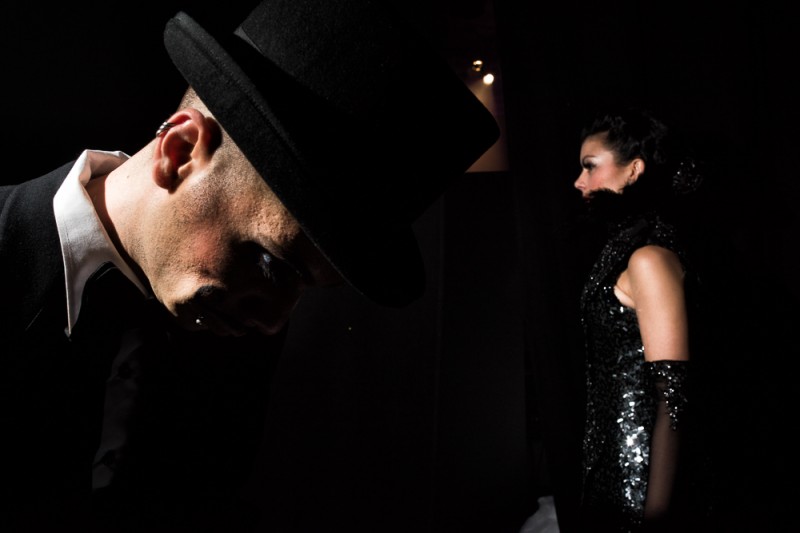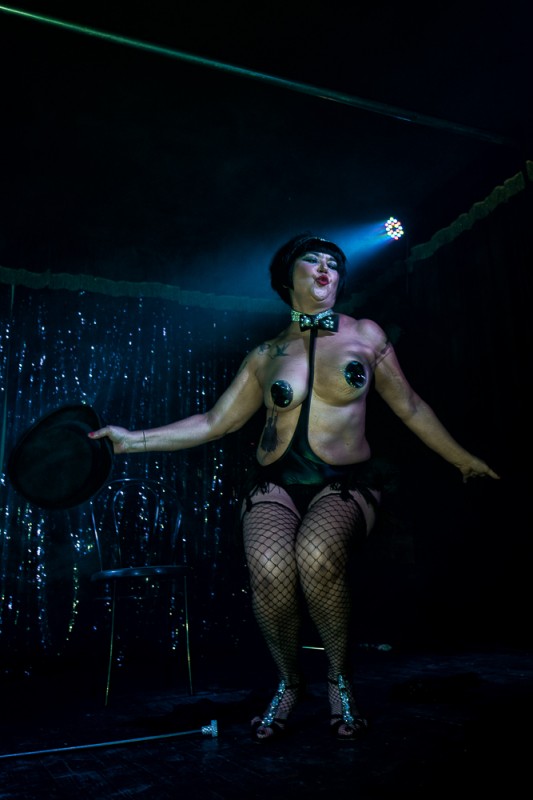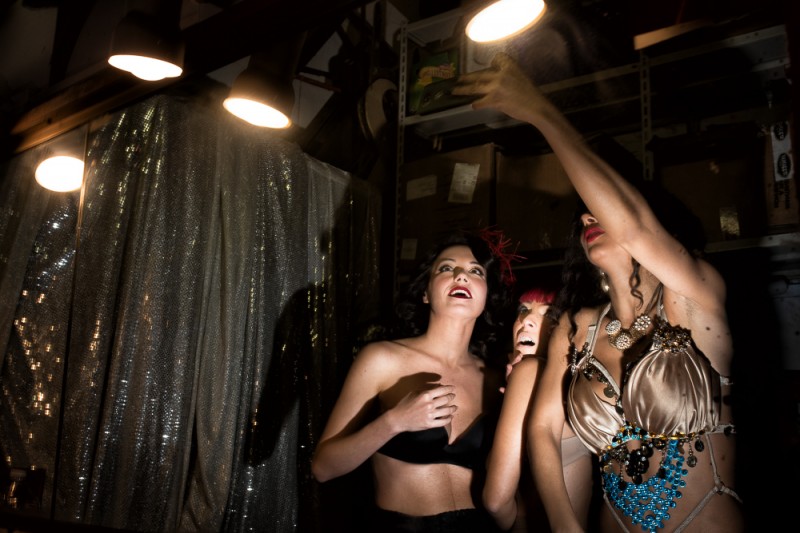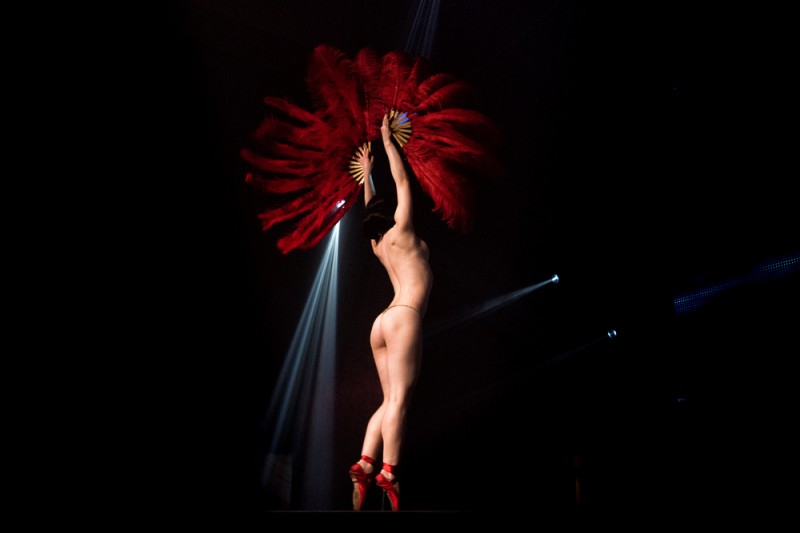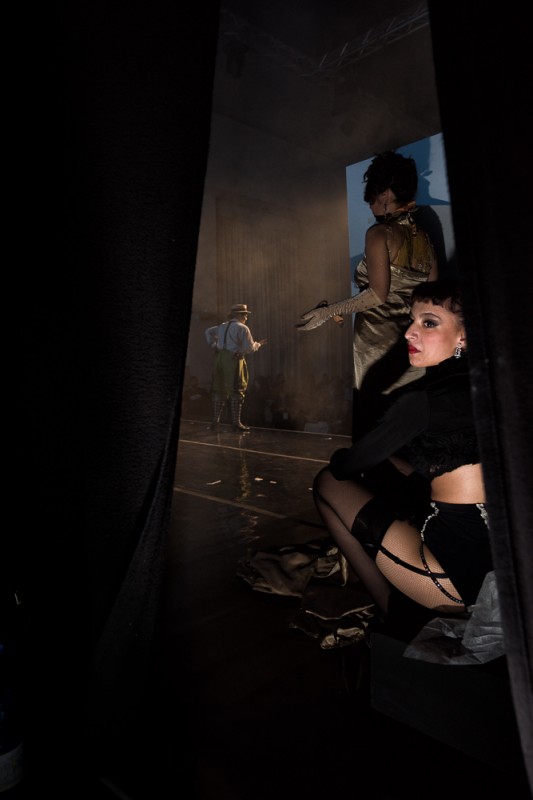THE REVENGE OF FEMININITY
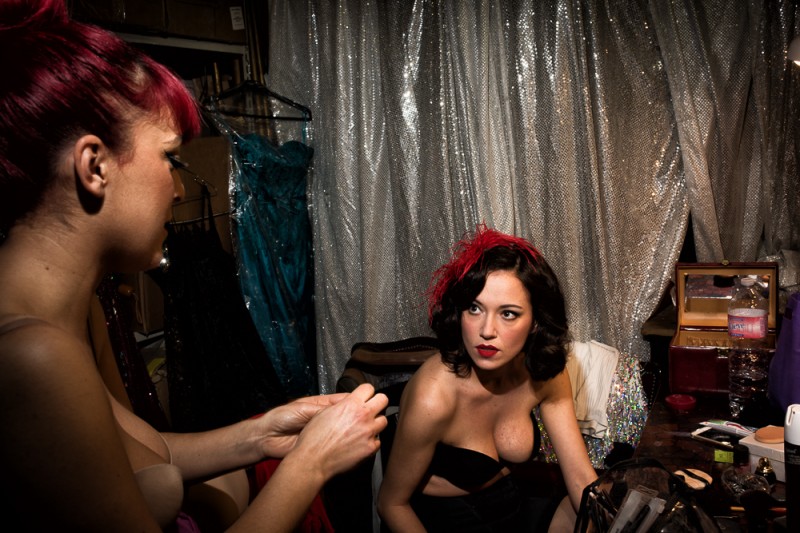
-
PhotographerSimone Tramonte
-
PrizesBronze in People/Life Style
Our society is deeply attracted by appearance and exteriority. In today's society, defined as "the civilization of image", we are constantly exposed to images that impose on us a model that unconsciously we tend to achieve. In 2016, Censis (Social Investment Study Centre), in its 50th report on the country's social situation, declares that 66% of individuals expresses the aspiration to improve their physical appearance. The number of people who opt for cosmetic surgery is increasing, and Italy is the ninth country in the world for plastic surgery treatments performed, an increase of 29% over 2010. Most people interested in these treatments are female (over 8 million procedures, 86% of the total). Today it is mainly the fashion system that establishes, through the models, female beauty stereotypes. In the last decades, fashion has spread a model of woman increasingly slender and thin. Tall, skinny, and elegant, fashion models embody the aesthetic ideal of most of the girls: this is the image that the glossy magazines provide as a symbol of successful woman, the woman who won in life. Fashion designers are unquestionably partly responsible for the stereotyping of female beauty model. After all, already 40 years ago Brigitte Bardot turned to the women a whipping warning: "Women, distrust the stylists: they detest the female body and they want to force to resemble it to that of the young males from them favorite." It is a very strong cultural input that is added to the many others from which we are daily bombarded and that go all in the same direction: what matters in life is to be perfect, beautiful, successful, placing the woman in perpetual war and perpetually lost with his own body. Could we define this as a social disease? Yes of course. Man is a social being, he needs to be accepted, loved and respected. "Vanity is the basis of everything," wrote Gustave Flaubert. Already the ancient Greeks knew that the theater was cathartic, but also a "dance" a bit provoking could be is a more recent discovery. In Italy, the trend of burlesque was launched during the San Remo Festival in 2010 by Dita von Teese. Are emerging more and more classes of psycho-burlesque, to work on individual and personal perception of any woman respect to her body image and the idea of herself as a woman in the family, the society, in the contemporary culture. Too often, we look in the mirror with others eyes, trying to meet their expectations and no longer able to recognize our desires, our identity. Burlesque, born in the late nineteenth century in Victorian England and later imported in the United States as a kind of parody show, with its dose of satire and seduction raises the image of a strong woman who is not afraid to please others and to herself even with its imperfections. Burlesque is therefore experienced as a therapy. It helps to regain a healthy relationship with body and femininity and releases women from aesthetic standards, from sizes imposed by fashion, from a coded femininity. It is practiced by women between twenty-five and fifty, students or workers, in search of self-esteem or of a lost femininity, in any case of "joie de vivre". They have in common the desire to rediscover a femininity asleep by the routine, which removes lightness and exuberance. Those looking for obsessively physical perfection forget that seduction is much more. Practice burlesque does not mean show off a perfect body, but tease the imagination. The aesthetic standards decay: fat or thin, curvy or flat, high or tiny, all can have their moment of glory, as long sympathy and originality are ruling. The secret of success of Burlesque is that it gives the power to play with their physicality with humor, even with a normal or non-perfect body. It gives satisfaction to be themselves and still be attractive. It 'a new form of feminism in which the woman consciously takes up the power to play with her own charm as she pleases and with the cards at her disposal. The biggest obstacle to overcome for many women is to like at all costs. The idea that every woman has of herself is determined by her body, whether she likes it or not, it is her partner and her enemy. Comply with others desires is not only a women's issue, of course. We should all stop wasting time thinking about what others think. The self-affirmation and the respect for ourselves should wipe out the anxiety to please. Our culture is a toxic culture of beauty. Burlesque seems to say: this is my body and I like me as I am. The way of healing starts from here, from the love for ourselves and by a greater awareness of our own self.

